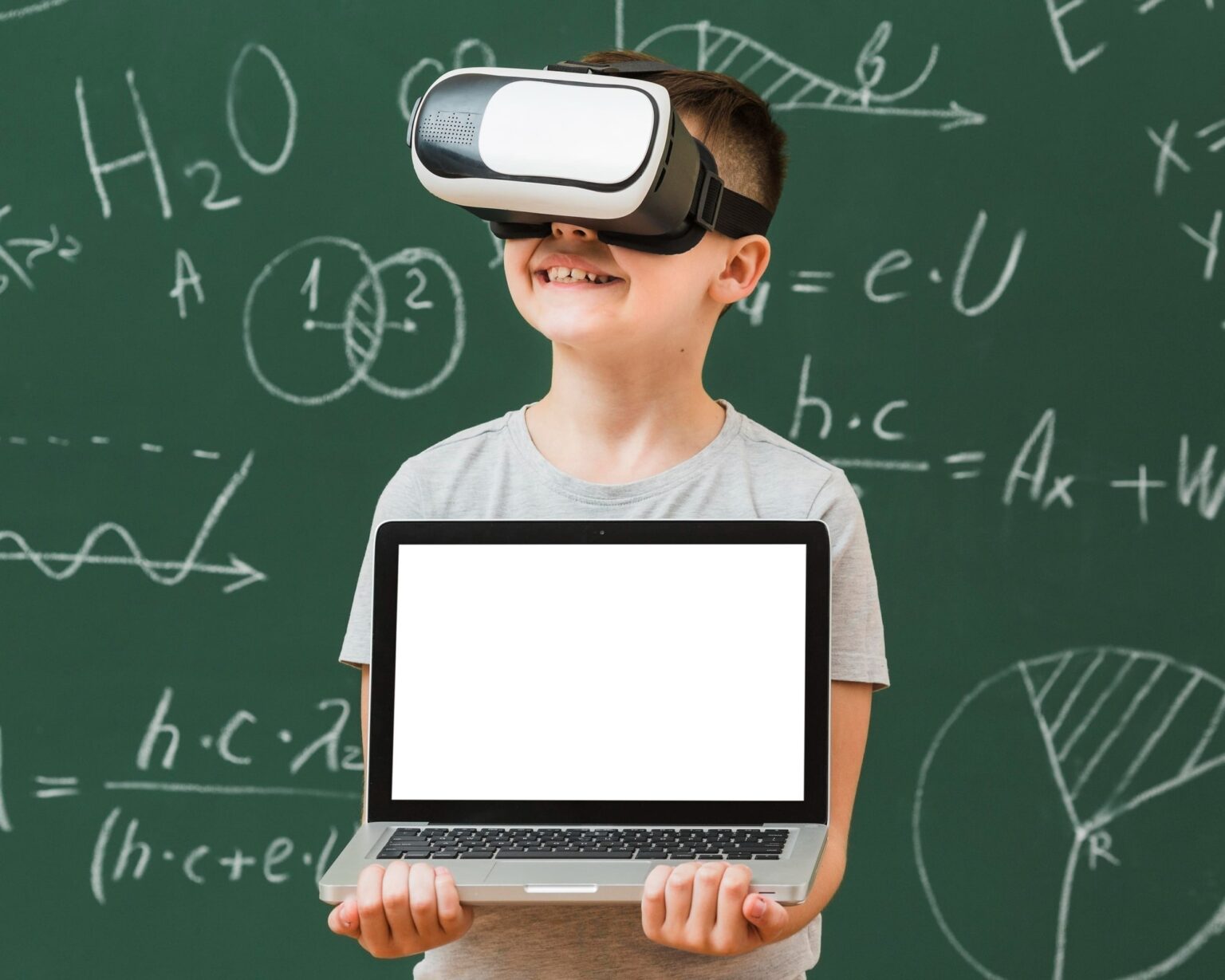The future of education technology (EdTech) holds immense potential for transforming learning experiences and shaping the future of education. As technology continues to advance, several key trends and innovations are expected to have a significant impact on education. Here are some ways in which the future of EdTech is poised to transform learning experiences:
- Personalized Learning: Technology enables personalized learning experiences tailored to individual students’ needs, interests, and learning styles. Adaptive learning platforms and intelligent tutoring systems use data analytics and machine learning algorithms to provide customized learning paths, content recommendations, and real-time feedback. This approach enhances engagement, mastery of concepts, and academic outcomes.
- Virtual and Augmented Reality: Virtual reality (VR) and augmented reality (AR) technologies offer immersive and interactive learning experiences. They can transport students to virtual environments, historical sites, or simulated scenarios, providing hands-on and experiential learning. VR and AR also enable collaborative learning, simulations, and visualization of complex concepts, fostering deeper understanding and engagement.
- Gamification: Gamification integrates game elements and mechanics into educational experiences to enhance motivation and engagement. By incorporating elements like points, badges, leaderboards, and challenges, gamification transforms learning into an interactive and enjoyable process. It promotes competition, collaboration, problem-solving, and rewards achievement, making education more engaging and impactful.
- Artificial Intelligence: Artificial intelligence (AI) has the potential to revolutionize education by automating administrative tasks, providing intelligent tutoring, and offering personalized learning experiences. AI-powered chatbots and virtual assistants can provide instant support and guidance to students. Natural language processing enables automated grading and feedback, saving teachers’ time and providing timely insights to students.
- Collaborative Learning Platforms: Online collaborative learning platforms facilitate communication, collaboration, and knowledge sharing among students and educators. These platforms enable real-time collaboration on projects, discussion forums, and peer-to-peer learning. They break down geographical barriers, encourage diverse perspectives, and promote active engagement in the learning process.
- Data Analytics and Learning Analytics: Data analytics and learning analytics leverage large datasets to gain insights into student learning patterns, preferences, and performance. Analyzing this data can help identify areas where students are struggling, assess the effectiveness of instructional strategies, and provide personalized interventions. Learning analytics inform evidence-based decision-making, curriculum improvement, and student support initiatives.
- Mobile Learning: Mobile devices and applications enable anytime, anywhere learning, extending educational opportunities beyond the traditional classroom setting. Mobile learning platforms provide access to educational resources, interactive lessons, and collaborative tools. They support microlearning, allowing students to engage in short, focused learning activities that fit into their schedules.
- Internet of Things (IoT) and Smart Classrooms: IoT devices and sensors can be integrated into the learning environment to create smart classrooms. These devices enable automation, connectivity, and data collection, enhancing the efficiency and effectiveness of educational processes. Smart classrooms can monitor environmental conditions, track attendance, manage resources, and enable seamless integration of digital tools and resources.
- Robotics and Automation: Robotics and automation technologies are increasingly being used in educational settings to enhance hands-on learning experiences. Robots can assist in teaching coding, STEM concepts, and problem-solving skills. They can also automate repetitive tasks, freeing up time for teachers to focus on higher-order instruction and individualized support.
- Lifelong Learning and Continuous Education: EdTech is empowering lifelong learning and continuous education by providing accessible, on-demand learning opportunities for learners of all ages. Online courses, Massive Open Online Courses (MOOCs), and micro-credentialing platforms offer flexibility, allowing individuals to acquire new skills, upskill, and adapt to changing job market requirements.
The future of EdTech holds tremendous potential for transforming education and unlocking new possibilities for learners and educators. By leveraging these technologies effectively, education can become more inclusive, engaging, personalized, and aligned with the needs of the digital age. However, it’s important to balance the integration of technology with pedagogical principles and maintain a focus on human interaction and mentorship to ensure the best learning outcomes.



